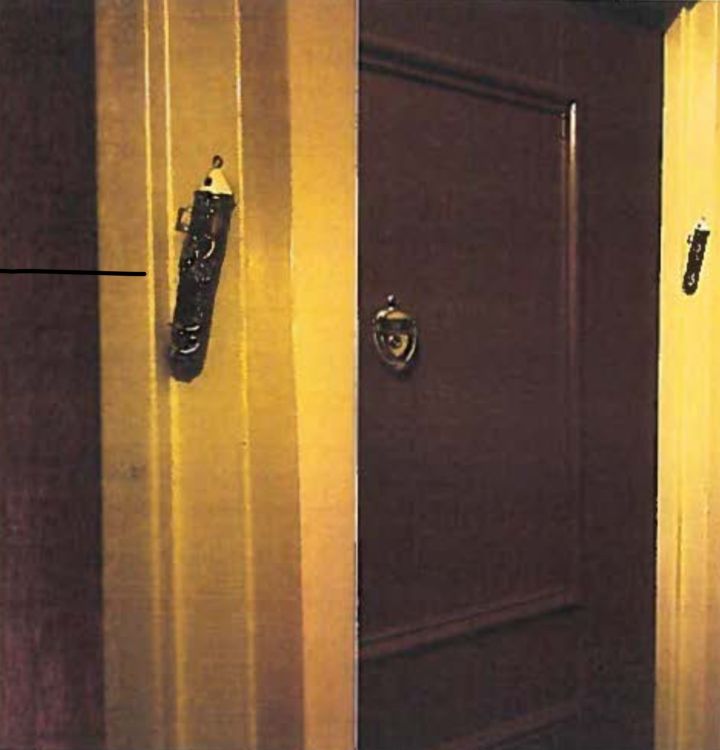At the age of 23, I was a young woman who had just returned from a transformative trip to Israel, where I deepened my connection to my homeland and was inspired to embrace my faith more fully.
While in Tzfat, in northern Israel, I purchased a beautiful Mezuzah from a local vendor to affix to my new apartment’s doorpost—a symbolic act of spiritual affirmation.
Upon returning to the U.S., I visited my local rabbi for kosher scrolls, recited the Mezuzah blessing, and carefully affixed it to my door.
A few days later, I received a letter from my landlord informing me that my Mezuzah violated the building’s policy, which prohibited any items on doorposts. Initially, I thought it must be a misunderstanding. I called my landlord, hoping to resolve it by explaining the religious significance of the Mezuzah.
However, my landlord was aware of its meaning and informed me that previous Jewish tenants had been forced to remove theirs as well. She made it clear that the rule applied to all tenants, with no exceptions. I was stunned—was I not protected to freely practice my religion? Or were landlords, who certainly cannot discriminate on the basis of race or other identities, free to discriminate against Jews?
Determined to understand my rights, I researched similar cases. I found that policies like this were common in rental properties across the U.S. Some states, such as California and Illinois, had enacted laws protecting the right to display religious symbols like Mezuzahs. But in many states, no such protections existed.
I reached out to trusted mentors—Jewish friends and legal professionals—who offered differing opinions. Some argued that religious freedom didn't extend to private property, while others believed the policy violated the Fair Housing Act. The legal landscape was unclear, and many people told me to let it go and not make an issue of it. But something about staying silent didn’t sit well with me.
Reflecting on my experiences in Israel, I remembered a central message: As Jews, we must stand up for ourselves. Hillel’s words echoed in my mind: “If I am not for myself, who will be for me? And if not now, when?” This was my moment. I contacted a family member who worked at a religious freedom law firm. They agreed to take on my case pro bono and sent a letter to the management company, citing legal precedents and requesting an exemption for religious reasons.
Within days, the property management team called, apologizing for the misunderstanding and confirming that I had the right to display the Mezuzah. The matter was resolved, and my landlord was informed of the error. This victory wasn’t just personal—it ensured that future Jewish tenants could freely practice their faith, hopefully not just in this building, but in all buildings the company managed.
As we approach Hanukkah, I’m reminded of the timeless lessons of the holiday. The Maccabees, outnumbered and oppressed by the Greek army, fought to preserve their right to practice Judaism. In their victory, they rededicated the desecrated Temple and lit the Menorah to celebrate the miracle of the oil that lasted eight days.
For much of Jewish history, we were forced to conceal our faith, as in Europe, where we had to light the Menorah inside our homes for safety. Today, thanks to Israel’s existence and strong institutions like the Jewish National Fund-USA that work to secure our homeland, we can openly practice our Judaism. I proudly place my Mezuzah on my doorpost and light my Menorah for all to see, reflecting the resilience of the Jewish people.
Like the Maccabees, like Jews in Europe who feared displaying their Menorahs, and like Israel standing firm today in the face of war, we will always overcome. This Hanukkah, as we light our Menorahs, let us remember that our faith will never be extinguished.
Am Yisrael Chai—The Jewish people live on.


